Libya
Rival Libyan officials ended weeklong talks in the Egyptian capital without an agreement on constitutional arrangements for elections, the United Nations said Tuesday.
Twelve lawmakers from Libya's east-based parliament and 12 from the High Council of State, an advisory body in the capital of Tripoli in western Libya, took part in the U.N.-brokered talks that concluded Monday in Cairo.
The officials have however agreed to reconvene next month after the Muslim holiday of Eid al-Fitr, which marks the end of Ramadan, the U.N. special adviser on Libya, Stephanie Williams, said.
Williams said the U.N. was working to build on a consensus reached earlier this year by the two chambers with the aim of reaching an agreement on a constitutional and legislative framework for parliamentary and presidential elections.
The talks came as Libya has been pulled apart with rival governments claiming power after tentative steps toward unity in the past year that followed a decade of civil war.
New Prime Minister
In February, the country's east-based House of Representatives named a new prime minister, former interior minister Fathi Bashagha, to lead a new interim government.
The lawmakers there claimed the mandate of interim Prime Minister Abdul Hamid Dbeibah, who is based in Tripoli, expired after the election failed to take place as planned in December.
Dbeibah, however, said he will hand over power only to an elected government.
With the two leaders sticking to their positions, turmoil soared, and heavily armed militias mobilized in the western region, including the capital, where they occasionally blocked roads.
Tribal leaders and protesters in the southern region also shut down oil facilities including Libya's largest oil field, demanding Dbeibah step down. The region is controlled by forces of east-based commander Khalifa Hifter.
NATO
The developments have raised fears that fighting could return to Libya after a period of relative calm since warring parties signed a U.N.-brokered cease-fire late in 2020.
The oil-rich North African country has been wrecked by conflict since the NATO-backed uprising toppled and killed longtime dictator Moammar Gadhafi in 2011.
The country spent much of the past decade split between rival administrations in the east and west, each supported by different militias and foreign governments.
Meanwhile, Amnesty International called for Hifter's forces to immediately release at least 10 people and a local journalist who were detained last month in the city of Sirte after a protest. The protesters were calling for compensation for victims of NATO airstrikes during the 2011 civil war, the London-based group said.



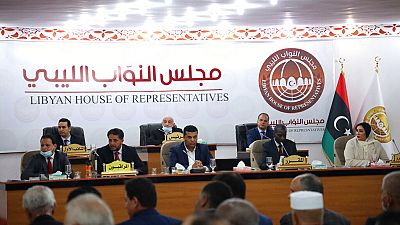

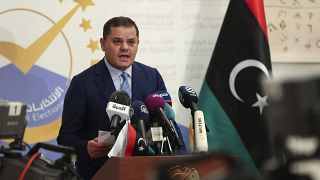
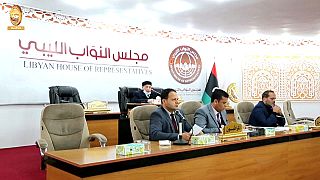
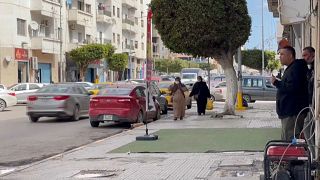
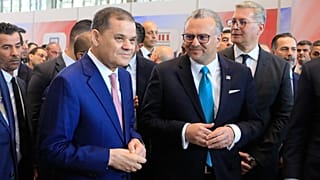

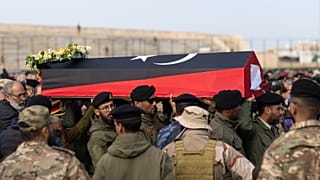
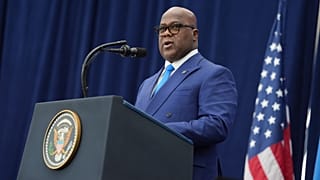
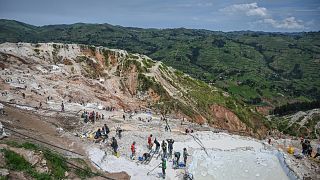
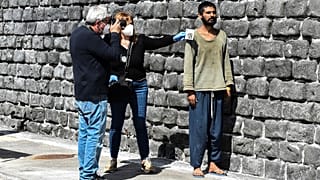
01:57
South Sudanese government insists it is not at war despite heavy fighting
01:51
Three years after war damage, Khartoum’s Bahri Hospital reopens amid economic struggles
01:49
Reconstruction underway in Khartoum even as war in Sudan continues
00:09
Republic of Congo presidential election set for March 15
01:16
Sudanese military reportedly weighing up new truce proposal
01:09
Uganda's military chief gives opposition leader 48 hours to surrender to police